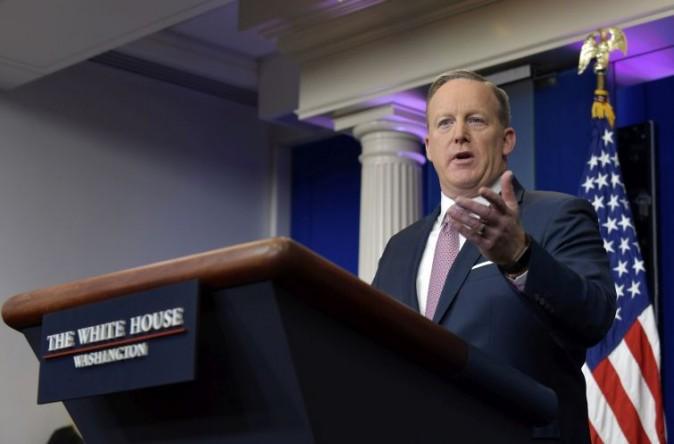Hundreds of American diplomats defied a White House warning on Tuesday, sending a memo to the State Department’s leadership that criticizes President Donald Trump’s temporary travel ban on citizens from seven Muslim-majority countries. It is believed to be one of the most popularly supported statements of dissent in the department’s history.
A State Department official said the cable was received just a day after White House spokesman Sean Spicer suggested those disagreeing with Trump’s new policy should resign. The official did not have an exact number of signatories, but said more than 800 indicated they would sign after drafts of the cable circulated over the weekend. The official wasn’t authorized to discuss the matter publicly and demanded anonymity.
The document argues that the executive order Trump signed last week runs counter to American values and will fuel anti-American sentiment around the world.
“A policy which closes our doors to over 200 million legitimate travelers in the hopes of preventing a small number of travelers who intend to harm Americans from using the visa system to enter the United States will not achieve its aim of making our country safer,” the diplomats wrote in the so-called “dissent cable.”
“This ban stands in opposition to the core American and constitutional values that we, as federal employees, took an oath to uphold,” a draft of the cable said. The final version wasn’t immediately available.






